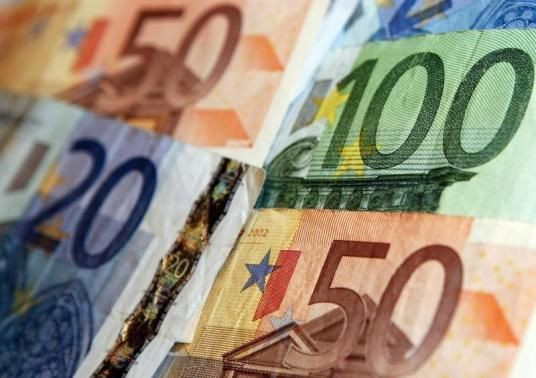Global Economic Meltdown? 3 Signs The World Economy Could Be In Deep Trouble

Plummeting oil prices have shocked the globe and severely wounded the Russian ruble. China's extreme spending yet slowing growth threatens India's economic ambitions. Japan's economy is expected to grow only "modestly" this year while the euro zone countries are fighting against a weak economy of their own.
Around the globe, there are signs of a potential economic meltdown at every turn. Below are three prominent factors that could determine whether world leaders will be able to turn around their economies in 2015 and avoid an economic fall that would likely take years to recover from.
1. Deflation in the eurozone. The euro has plummeted, and oil prices and bond yields within eurozone countries have gone down with it as well. On Wednesday, inflation for these areas went negative for the first time since 2009, Reuters reported. With expectations for the European Central Bank to print more euros, it fell to $1.1819 on Wednesday. Meanwhile, countries including Austria, Belgium, Canada, Australia, Japan and Germany have all reached “record lows” for long-term borrowing. And oil is not showing any signs of rising, with Brent crude dropping below $50 Tuesday. Last June, it was more than $115.
2. Mixed signals for unemployment in Europe. While unemployment is seeing some signs of relief in the U.S., it's a mixed picture in Europe. Germany is doing well, hitting its record-low unemployment rate of 6.5 percent in December, while Italy is suffering from its worst unemployment ever. In November, for example, the country saw its highest unemployment rate since it began recording unemployment stats, in 1977. Even Pope Francis has shown concern about unemployment numbers, as he said in June that the global economy was in danger.
3. U.S. Treasury bond yields fall below 2 percent. Investors are looking for safe bets--and fleeing stocks in favor of bonds. In an effort to protect their investments and with increasing fears about what’s happening in the eurozone and how it may affect the U.S., many have fled to U.S. Treasuries. On Tuesday, the 10-year Treasury note hit its lowest point since May 2013, dipping below 2 percent. This is accompanied by the Dow Jones Industrial average, which has started 2015 poorly. This week, Bill Gross, bond manager at Janus Capital and former manager of PIMCO, weighed in with advice for. In his 2015 investment outlook he said that, with asset returns going south, investors should consider Treasuries and high-quality corporate bonds. He wrote,“Be cautious and content with low positive returns in 2015. The time for risk taking has passed.”
© Copyright IBTimes 2024. All rights reserved.





















